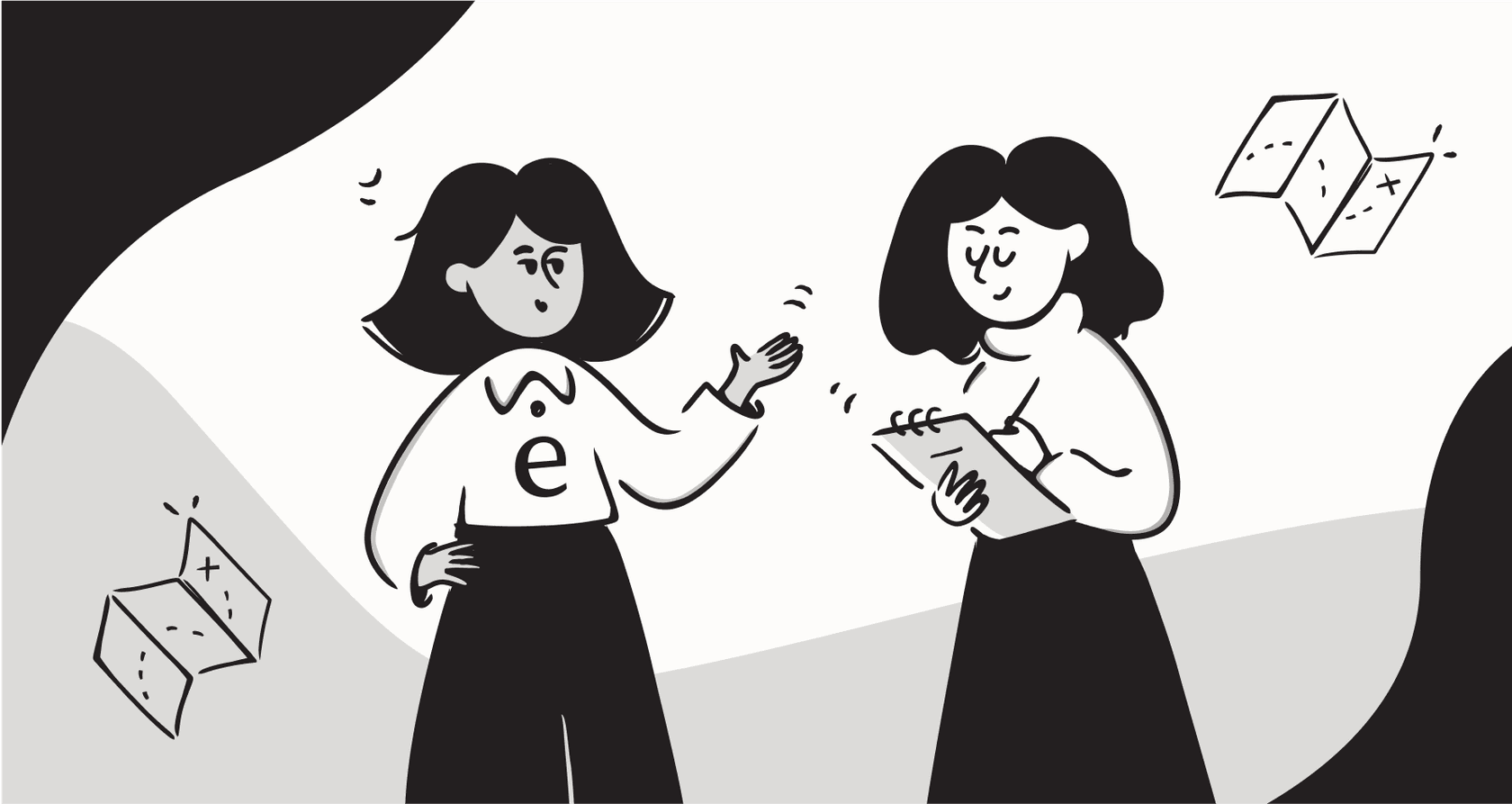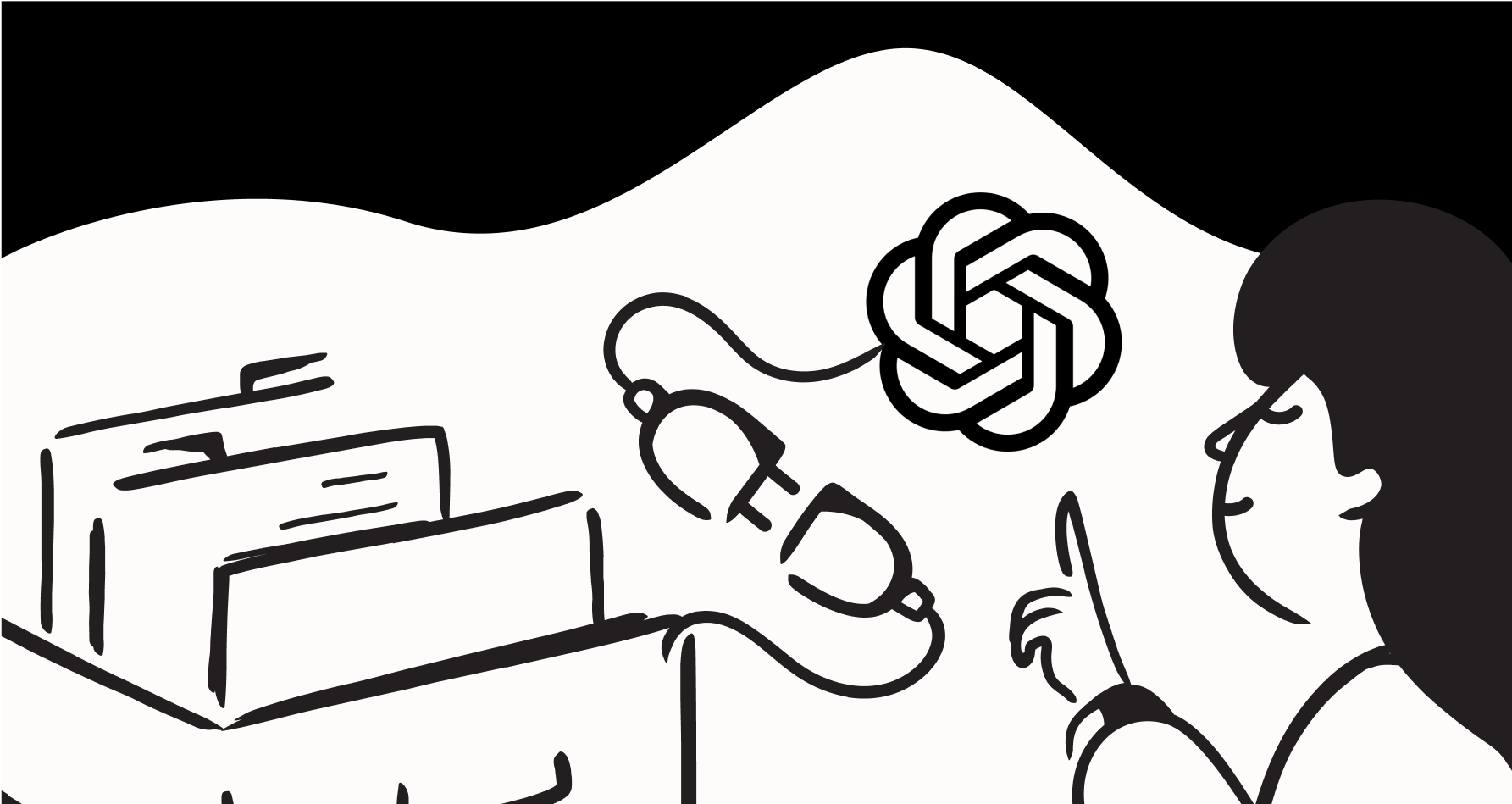
If you work in support, you’re probably feeling the squeeze. Ticket queues are getting longer, customers expect answers yesterday, and everyone’s trying to figure out how to handle it all without doubling their team size. It’s no surprise that AI tools are popping up everywhere, especially ones that plug right into helpdesks like Zendesk. One name you might have seen in the Zendesk marketplace is Macha AI.
But what does it actually do? And more importantly, is it the right tool for your team?
This post is a straight-up look at Macha AI, what it offers, how much it costs, and where it has some real limitations. We'll also explore another option, a more flexible, do-it-yourself alternative for teams that want to be in the driver’s seat of their own automation.
What is Macha AI?
First things first, Macha AI isn't one single platform. It’s more like a collection of separate AI apps that all live inside the Zendesk ecosystem. Think of it as a toolkit where each tool does one specific job to help an agent. The main apps in the suite are an AI Email Writer, AI Ticket Translator, AI Ticket Analyzer, and AI Ticket Procedures.
It’s really built to help agents with repetitive, piece-meal tasks, not to automate the entire support process from start to finish. It runs on GPT-4o and is aimed at support teams, particularly those using Zendesk and Shopify, who want to make their agents a bit faster without a massive overhaul of their current setup.
A breakdown of Macha AI's core features
Macha AI’s features are split across its different apps, each one designed to handle a specific part of an agent’s day. Let’s take a look at what each one brings to the table.
Email writer and ticket translator
These two apps are all about communication. The AI Email Writer is meant to help agents draft replies without having to type everything from scratch. You feed it a few bullet points, and it generates a full response, supposedly in your brand's voice. The idea is to save agents time on the answers they write over and over again.
The AI Ticket Translator is for dealing with language barriers. It can generate replies in over 80 languages, which is definitely handy for e-commerce companies with customers all over the world. It’s a way to offer multilingual support without hiring a team of translators.
Ticket analyzer and procedures
This duo focuses more on workflow and making sense of tickets. The AI Ticket Analyzer reads incoming tickets and automatically creates summaries, points out key details, and suggests the next step. This helps agents get the gist of an issue quickly without reading through a long email chain.
The AI Ticket Procedures app is like a little guide for agents. It looks at a ticket and tries to match it with the correct standard operating procedure (SOP) from your knowledge base, whether that’s in your help center or another tool like Notion. It shows the agent what to do next so they follow the right steps every time.
Pro Tip: Having an AI suggest the right SOP is helpful, for sure. But the real magic happens when an AI can not only find the procedure but actually do it. An AI that can look up an order, process a refund, and update the ticket status on its own goes from being a simple helper to a true workhorse.
How does Macha AI compare to a unified platform?
While having a handful of specialized tools sounds good, managing a bunch of separate apps can get complicated. You might end up configuring and paying for each one individually, and getting them to work together smoothly isn't always a given.
This is where a single, unified platform can make life a lot easier. Instead of juggling different apps, a tool like eesel AI bundles an AI Agent, AI Copilot, and AI Triage into one system that works together from the get-go. This means you can handle frontline tickets, give agents smart drafts, and route issues all with one tool. It makes the setup simpler, management easier, and ensures all the AI components are on the same page.
Understanding Macha AI pricing and setup
Alright, let's talk about the practical stuff: money and setup time. For any new tool, you need to know the sticker price and how much of a headache it will be to get it running.
Macha AI's pricing model explained
Macha AI has different price tags for its different apps and the platforms they work with. The cost can change depending on if you just want an "AI Assistant" for your agents or a fully autonomous "AI Agent."
Here’s a peek at their starting prices, which are usually based on how many agents you have or how many tickets you resolve:
| Product/Platform | Starting Price (per month) |
|---|---|
| AI Assistant for Zendesk | $49 |
| AI Agent for Zendesk | $199 |
| AI Agent for LiveChat | $99 |
Those starting numbers don't look too scary, but pricing that's tied to agents or resolutions can get unpredictable. If you have a busy month, your bill could be a lot higher than you expected, which makes it tough to budget for as your team grows.
The setup process and learning curve
According to its website, Macha AI gives you a pretty hands-on onboarding, including a dedicated success manager and a sandbox environment for testing. That level of support is nice, but it also signals that the setup isn't something you can just do yourself in an afternoon. Getting started usually means scheduling calls and waiting for help, which can really slow things down.
The AI itself learns from the usual places, help center articles, macros, and old tickets, which is a decent starting point for any support AI.
Seeking a simpler, more transparent approach
If you’d rather have a pricing model that’s easy to understand and predict, it’s worth checking out other options. For example, eesel AI has transparent plans based on a set number of monthly AI interactions, with no extra fees per resolution. You know exactly what you’re paying each month, making it way easier to manage your budget.
Even better, eesel AI is built to be completely self-serve. You can sign up, connect your helpdesk, link your knowledge sources, and get your AI running in minutes, all without having to talk to a salesperson. The control is in your hands from day one. Of course, the team is there to help if you need it, but it’s your choice, not a requirement.
Key limitations of Macha AI and a more flexible alternative
Macha AI is a decent tool for Zendesk power-users, but a few limitations might make it a bad fit for teams that want more control, wider integrations, and the ability to test without risk. Let’s dig into those gaps and talk about a more powerful way to go.
Macha AI platform support and potential vendor lock-in
Probably the biggest drawback of Macha AI is that it’s almost exclusively a Zendesk tool. Its apps are built for the Zendesk marketplace. If your company ever decides to switch to Freshdesk, Intercom, or Jira Service Management, you’d have to ditch the tool and start over completely.
In contrast, eesel AI doesn't play favorites. It has one-click integrations with all the major helpdesks, giving you the freedom to change your tech stack without being stuck. You build your automation workflows once, and they work wherever you do.
The challenge of testing and gradual rollout with Macha AI
Being able to test an AI before it ever interacts with a customer is a must. While Macha AI says it offers sandbox testing, it’s not very clear how deep that goes. Can you run it on thousands of your own past tickets to see how it would have performed?
This is where eesel AI's simulation mode really shines. You can run your AI setup on thousands of your historical tickets in a totally safe environment to see exactly how it would have responded. You get clear, data-driven reports on its resolution rate and can tweak its behavior before it goes live. This lets you roll it out with confidence, starting small by automating just one or two types of tickets and expanding from there as you see it working.
Macha AI: Siloed knowledge vs. a unified knowledge base
For an AI to be truly helpful, it needs to access all the same information your team does. Macha AI can connect to your help center and external tools like Notion, but because it’s a collection of separate apps, it can be tough to create one single source of truth.
eesel AI was designed from the ground up to bring all your knowledge together in one place, instantly. You can connect it to your helpdesk, internal wikis like Confluence and Google Docs, and even your team's conversations in Slack. The AI learns from everything at once to give complete, accurate answers, whether it’s helping your team internally or resolving customer tickets in Zendesk.
The verdict: Is Macha AI right for you?
So, what's the bottom line? Macha AI is a solid set of tools for teams that are deeply committed to the Zendesk ecosystem. If you just need some AI help with specific, isolated tasks like translating or summarizing tickets and you have no plans to ever leave Zendesk, it’s a perfectly fine choice.
This video provides a detailed demonstration of how the Macha AI Zendesk Assistant works in practice.
However, for teams that want flexibility, complete control over their setup, serious testing capabilities, and an AI that knows everything they know, it will likely come up short. If you're looking for an AI platform you can set up yourself in minutes, test with real data, and customize to fit your exact needs, then it’s probably time to look at a more powerful alternative.
Ready to take control of your support automation?
Try eesel AI today. You can get it live in minutes with our self-serve platform, see how it would perform on your actual ticket history, and discover what a truly unified AI workflow can do for your customer support. Start your free trial.
Frequently asked questions
Macha AI is a collection of separate apps that live in the Zendesk marketplace, not a single unified platform. Each app, like the Email Writer or Ticket Analyzer, is designed to handle a specific, individual task for your agents.
This is a key limitation, as Macha AI is built almost exclusively for the Zendesk ecosystem. If you switch to another helpdesk like Freshdesk, you would likely need to find a new AI solution and start over.
The pricing is often tied to the number of agents or ticket resolutions, which can make your monthly bill unpredictable, especially during busy periods. This model can be challenging for budgeting as your support volume fluctuates or your team grows.
The setup process appears to be more hands-on, often involving a dedicated success manager and scheduled calls. It's not designed as a self-serve tool that you can get running on your own in a few minutes.
Macha AI is primarily designed to assist agents by suggesting procedures or summarizing information. It focuses on helping agents complete tasks faster rather than being an [autonomous agent](https://www.eesel.ai/blog/ what-are-autonomous-ai-agents-a-guide-for-businesses) that can perform multi-step actions on its own.
Share this post

Article by
Stevia Putri
Stevia Putri is a marketing generalist at eesel AI, where she helps turn powerful AI tools into stories that resonate. She’s driven by curiosity, clarity, and the human side of technology.







